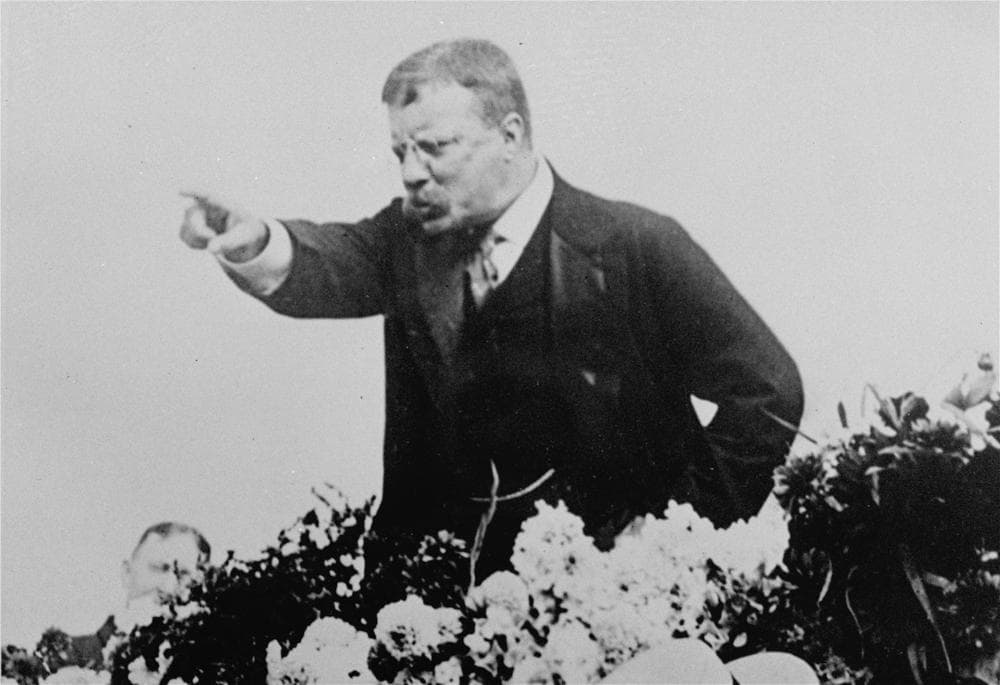Advertisement
Roosevelt, Taft And Muckrakers In The Progressive Era

The early 1900s were a moment of dramatic change in America, under monolithic figures.
Theodore Roosevelt rose to the presidency after the assassination of William McKinley in 1901 and ushered through reforms that led to more regulation of railroads and the meat-packing industry. Journalists at "McClure's Magazine" played an essential part in exposing the problems that led to the reforms.
In her latest book, Doris Kearns Goodwin argues that Roosevelt was able to use the presidency and his relationship with the press to push through these changes. She also examines Roosevelt's friendship with William Howard Taft, which fractured in 1912 when Roosevelt challenged Taft, hoping to regain the presidency.
Guest
Doris Kearns Goodwin, Pulitzer-prize winning author and historian. She will be discussing her book "The Bully Pulpit: Theodore Roosevelt, William Howard Taft, and the Golden Age of Journalism" at the First Parish Church in Cambridge tonight with the Harvard Book Store.
This segment aired on November 15, 2013.